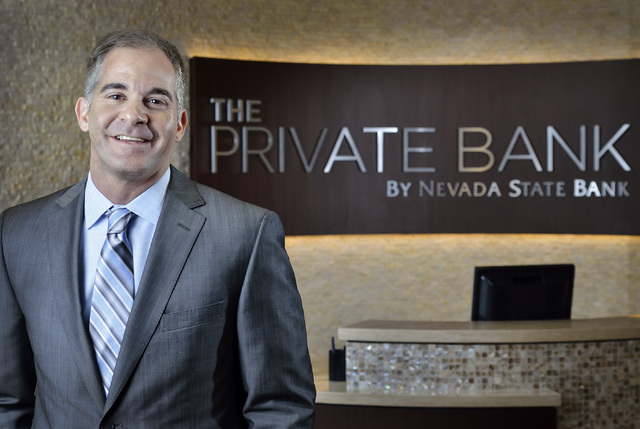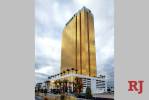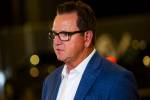Study: Federal health care law ratchets ups taxes on richest Nevadans
While consumers at all income levels face challenges resulting from the continued roll out of the Patient Protection and Affordable Care Act, or ObamaCare, wealthier Nevadans are expected to experience some unique effects.
The most noticeable impact of the health care law on higher-income earners may be the additional 0.9 percent in payroll taxes for those making $200,000 or more.
Also, in 2018, plans with large premium costs — those exceeding $10,200 for individuals or $27,000 for a family — will be subject to a 40 percent excise tax on the value of the health insurance benefits exceeding the thresholds, according to a new report.
The 11th edition of the High Net Worth Report by The Private Bank at Nevada State Bank found that self-employed high net worth people might find competitively priced health insurance once health care exchanges are fully functional.
The report also found that high net worth consumers were also not immune to the trends of rising health care costs, changing delivery systems and an acute lack of specialists in Nevada.
“Nevada reports on 66 medical specialists per 100,000 residents, compared with the national average of 97,” said Russell Price, executive vice president of The Private Bank at Nevada State Bank. “The shortage in specialists commonly requires some residents to leave the state in order to receive care, particularly for complex procedures.”
That shortage was highlighted by the closure of the short-lived Nevada Cancer Institute. However, it remains to be seen whether the state, with limited educational facilities to study medicine, can retain enough specialists and medical to move closer to the national averages, the report found.
Price said this lack of medical specialists often results “in a duel negative effect of higher costs for patients and a loss of income that otherwise would have stayed in our local economies.”
Health care spending continues to capture an ever increasing percentage of U.S. gross domestic product, representing 17.9 percent of GDP compared to 15.9 percent five years ago. That increase will have an effect on retirees’ income and health care spend.
“Many high-end households may be underestimating the out-of-pocket expenses they will incur during retirement,” Price said.
Nevada State Bank defines a high net worth client as an individual with annual income of $350,000 or greater, net worth of $2 million or greater, with liquidity of at least $500,000.
According to a Spectrum Millionaire Corner 2012 survey, almost 64 percent of high net worth investors cite health care costs as the biggest threat to their retirement, beating out taxes (52 percent) and inflation (46 percent).
A separate survey from Nationwide found retirees expected to pay $4,084 per year in health care costs and those preparing to retire expected to pay $5,621. In reality, the out-of-pocket expenses for Americans retiring today and living for 20 years are expected to be about $10,750 annually.
Contact reporter Chris Sieroty at csieroty@reviewjournal.com or 702-477-3893. Follow @sierotyfeatures on Twitter.




























